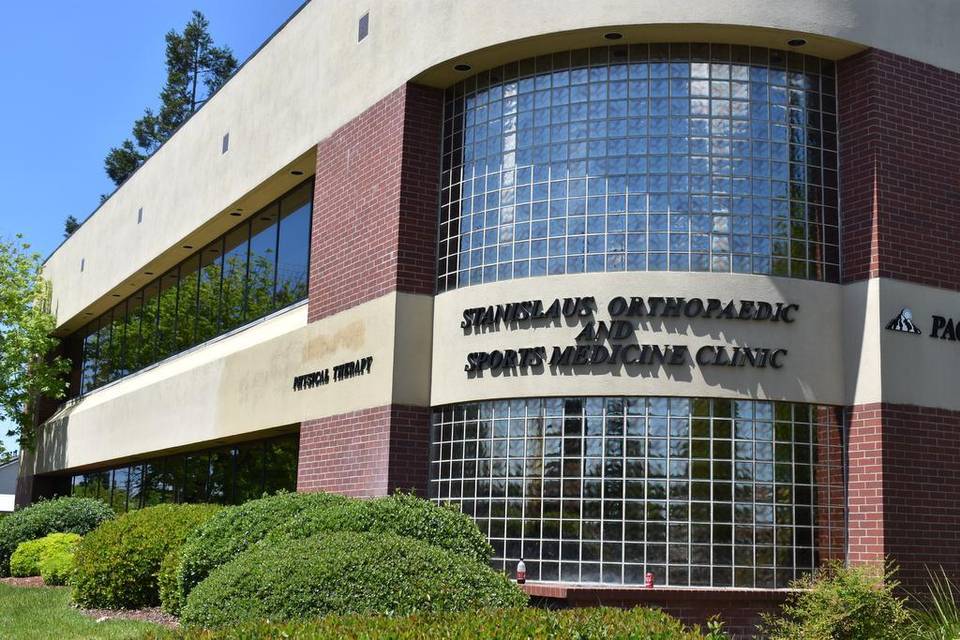Educate your physicián to keep you in the loop on patients’ development.
Just because a patient enters the hospital with one diágnosis doesn’t mean she’ll have that diágnosis for her entire stay. And if you bill for your physicián’s hospital visits with an out-of-date diágnosis, you could lose money or face fraud charges.
The problem: Diagnoses can change in the hospital due to various reasons, including the following, among others: The physicián may narrow down the patient’s problem. For example, a patient may be admitted with chest páin, and the doctor may rule out myocardial infarction and decide the problem is actually gastrointestinal in nature.
The patient may develop other problems. The patient may be admitted for dehydration problems but may start having chest páins. The patient may experience complications that lead their original complaint to worsen significantly. You can’t wait for the hospital to send you medical rècords and hope to bill in a timely fashion. You could be waiting six weeks after the patient gets out of the hospital for any rècords. So it’s up to your physicián to let you know if a patient’s diágnosis has changed.
Do this: Educate your physiciáns, and let them know that just because the patient has been admitted with a particular diágnosis doesn’t mean they should bill for that diágnosis for each visit. To help your physicián track his hospital visits, you might consider giving each physicián a simple form to rècord these evaluations. The physicián could put a sticker with the patient’s hospital identifier on the form and then write the date of each visit, the level of service and the diágnosis. Each sheet will have roóm for 10 or 12 patient visits.
Diágnosis Tracking Is In the Cards
Another approach is to give your doctor a...






